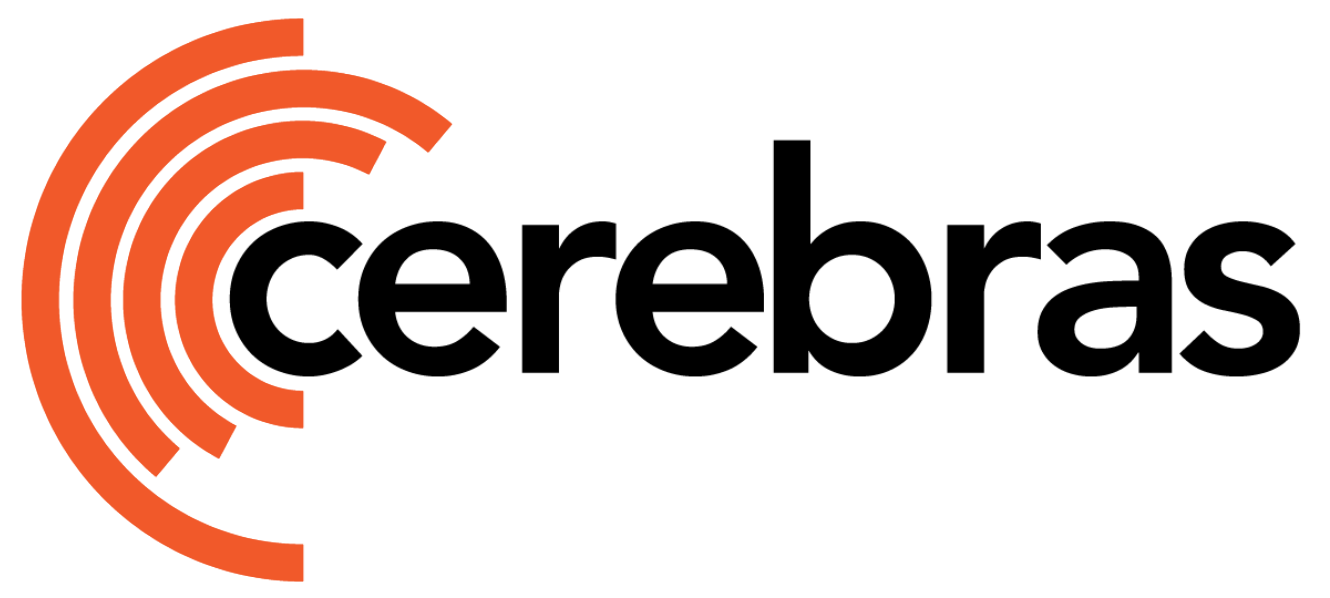Prerequisites
Please ensure that you have installed the Cerebras Model Zoo package by going through the installation guide. Note that EEH version tested and packaged in the Cerebras Model Zoo is the official release v0.4.7. Please also read through the Trainer Overview and Trainer Configuration Overview, as these guides will help understand how to configure running EEH standalone.Configure the Run
This section covers the required steps for setting up an EEH run to perform standalone downstream validation on various tasks. In particular, you will need to write a YAML configuration file to configure an instance of theTrainer callback.
The example in this section configures evaluation for LLaMA3 8B via the multiple choice (non-generative) eval harness task winogrande using a single CSX.
If you aren’t interested in seeing the break down of the configuration, feel free to skip ahead to the Putting it All Together section to see the full YAML configuration.
Configure the CSX Backend
The first step is to specify the CSX backend and resources required for the run. Create a YAML configuration file with the following cluster config:num_csx to run EEH on multiple CSXs for improved performance.
Configure the Model
Next, please add the following model configuration in the YAML for LLaMA3 8B with 8K context length:To run downstream validation harness, you must specify the
name setting in the model configuration. Valid names corresponding to the supported models include:-
btlm -
bloom -
gpt2 -
gptj -
falcon -
gpt3 -
gpt-neox -
llama -
mistral -
mpt -
jais -
santacoder -
starcoder
Configure the EEH Callback
EEH is implemented as an extension to theTrainer callback.
Add the following section in the YAML to set up the EleutherEvalHarness callback:
eeh_args section exposes the following settings to configure the EEH run:
| Eleuther Eval Harness CLI Arguments | Description |
|---|---|
--tasks | Comma separated string specifying Eleuther Eval Harness tasks. To get full list of tasks, use the command lm-eval --tasks list from within your python venv. |
--num_fewshot | Number of examples to be added to the fewshot context string. Defaults to 0 |
--output_path | The path to the output file where the result metrics will be saved. If the path is a directory and log_samples is true, the results will be saved in the directory. Else the parent directory will be used. |
--limit | Accepts an integer, or a float between 0.0 and 1.0. This limits the number of documents to evaluate per task to the first X documents (if an integer) or first X% of documents. This is useful for debugging. |
--use_cache | A path to a sqlite db file for caching model responses. None if not caching. |
--cache_requests {true,refresh,delete} | Speed up evaluation by caching the building of dataset requests. None if not caching. |
--check_integrity | Whether to run the relevant part of the test suite for the tasks. |
--write_out | Prints the prompt for the first few documents. Defaults to False. |
--log_samples | If True, write out all model outputs and documents for per-sample measurement and post-hoc analysis. Defaults to False. |
--show_config | If True, shows the the full config of all tasks at the end of the evaluation. Defaults to False. |
--include_path | Additional path to include if there are external tasks to include. |
--predict_only | Use with –log_samples. Only model outputs will be saved and metrics will not be evaluated. |
--seed | Set seed for python’s random, numpy and torch. |
--temperature | Sampling temperature used for generation (autoregressive, generate_until tasks only). |
--top_p | Top-p parameter used for nucleus sampling (autoregressive, generate_until tasks only). |
--top_k | Top-k parameter used for generation (autoregressive, generate_until tasks only). |
| DataLoader Settings | Description |
|---|---|
data_dir | This setting is required. Provide a path to the mounted directory visible to the worker containers where eval harness task data samples are dumped after preprocessing. Use the mount_dirs argument to specify a dir mount, similar to our existing flows. |
tokenizer_file_path | Path to a custom tokenizer (JSON) file. If you provide a custom tokenizer, then you must also specify eos_id; otherwise, you must provide a pretrained tokenizer from Hugging Face in pretrained_model_name_or_path. |
pretrained_model_name_or_path | Hugging Face (HF) pretrained model name or path. This setting is required if you do not specify tokenizer_file_path. For detailed description, see HF AutoTokenizers. |
eos_id | End-of-sentence (eos) token ID to signal the termination of a sequence. This setting is required if you specify a custom tokenizer in tokenizer_file_path. You can set this by looking for the ID corresponding to the eos token in the custom tokenizer JSON file. |
max_sequence_length | Maximum length of the input sequence. This setting is required for preprocessing input data samples from the specified eval harness tasks. You should align the max_sequence_length field to the max_position_embeddings value in the model configuration of the YAML. If you don’t specify max_sequence_length, the flow defaults to this max_position_embeddings setting. |
keep_data_dir: Use this to preserve the preprocessed eval harness task data samples, i.e. the directory specified underdata_dir. Defaults to False, i.e. data samples are deleted after the run.
(Optional) Configure HuggingFace (HF) Cache Directory
EEH utilizes HF’s APIs to download task data and other configurations. This data is by default cached under$HOME/.cache/huggingface.
However, you may choose to specify a different directory for this cached data via the HFCacheDir callback:
Putting it All Together
Here’s what the full YAML configuration looks like once you follow this guide for configuring the individual pieces:Running EEH on CS-X
Now that the the YAML configuration is complete, use the Model Zoo CLI to run EEH on various tasks. This script accepts the following arguments:lm_eval
- We support a subset of Eleuther’s command line interface (CLI) arguments above. For a more detailed descrition of these supported arguments, see the EEH documentation.
-
You may also specify these arguments in the YAML under the
eeh_argskey of theEleutherEvalHarnessconfiguration, but please note that the CLI setting will override the settings in the YAML. -
The
paramsCLI argument is required. Use it to specify the path to the YAML configuration file. -
Use the
--checkpoint_pathCLI argument to specify the path to the checkpoint file to load model weights from. If a checkpoint path is not provided, we support checkpoint autoloading in this flow such that the latest checkpoint file will be picked up from the specifiedmodel_dir.
Supported Tasks
-
We support
lm_eval@v0.4.7. -
You may perform downstream validation on all EEH tasks with
output_type: loglikelihoodoroutput_type: multiple_choicein the task specification. See asdiv and arc_easy for respective examples. You may specify each of these types of tasks separately or together in a singleEleutherEvalHarnesscallback. -
We currently do not support eval harness tasks with
output_type: loglikelihood_rolling.
Adding New Tasks
Please refer to Eleuther’s new task implementation guide here to add new tasks.Limitations
- We currently do not support running multiple generative eval harness tasks in the same callback.
- EEH task groups, such as agieval, comprise multiple generative sub tasks that you will have to configure in the YAML via separate callbacks.
-
Please turn on grad accumulation and choose a small micro batch size (between 16 to 32) under the
flagsconfiguration of theEleutherEvalHarnesscallback of the YAML,
Examples
Single Non-generative Task
Single Non-generative Task
Let’s assume that the YAML configuration file above is written to The output logs are as follows:
./llama3_8B_eeh.yaml. Then, to run evaluation for task winogrande, please set up a bash script as follows:Multiple Non-generative Tasks
Multiple Non-generative Tasks
To run evaluation on more non-generative tasks, you may update the run script to the following:The output logs are as follows:
Generative Task
Generative Task
The EEH flow also supports running generative (autoregressive) eval harness tasks, i.e. tasks that specify Finally, please update the bash script as follows:The output logs are as follows:By default, the model will perform greedy sampling of the inferred tokens, i.e. for all of the model’s outputs, pick the token with the highest probability.In order to perform non-greedy sampling, you can pass in
output_type: generate_until in the task specification, such as triviaqa or drop. Refer to task triviqa for an example specification from the official EEH repository.In order to run generative inference on CSX, you must specify the following inference settings in the model config of YAML file:-
start_token- ID of the special token that indicates where to start inferring for each sample, as described above. You may specify a list of token IDs instead of a single ID. If you do, the model will start inference at the first token that matches any one of the provided IDs. The model will pad inferred predictions with the first ID in the list. -
stop_sequences- List of sequences (each one being a list of token IDs). If any one of these sequences is emitted by the model, inference will stop for that sample. For example, suppose you would like to stop inferring after either a newline character (e.g. token id 1), or a combination of a period (e.g. token id 2) followed by a space (e.g. token id 3). In this case, set stop_sequences to [[1], [2, 3]]. To stop inferring after seeing a newline character only, set stop_sequences to [[1]]. To disable this feature, setstop_sequencesto an empty list []. Additionally, the following optional parameters may be set: -
max_tokens- Maximum tokens to infer for each sample. -
loop_dim- Indicates the sequence dimension in the input and output data. Default value is 1. If set to 0, indicates that both input and output data is transposed (i.e.sequence X samplesinstead ofsamples X sequence).
./llama3_8B_eeh.yaml to add these inference settings:-
For
start_token, it is ideal to choose a value that’s not going to be generated by the model, i.e.vocab_sizein the example above. -
The generative task itself defines
stop_sequencesunder settinggeneration_kwargs.untilof the task spec. For instance, triviqa specifies"\n","."and","as the stop tokens. The EEH flow will internally override thestop_sequencesconfig with the value from the task, so you can also specify an arbitrary value in the YAML.
temperature, top_k or top_p to either the bash script or under eeh_args of the YAML. For example:Non-generative and Generative Tasks
Non-generative and Generative Tasks
You can combine evaluation for generative and non-generative eval harness tasks simply via updating the bash script as follows:The output logs are as follows:
- Since inference settings are baked into the model configuration and that inference requires different resources, there is a separate compile and execution for running downstream validation on generative tasks.
- You may specify at most one generative task at a time (per callback).
Run Multiple Generative Tasks
Run Multiple Generative Tasks
In order to run multiple generative tasks, you may update the run script to the following:

